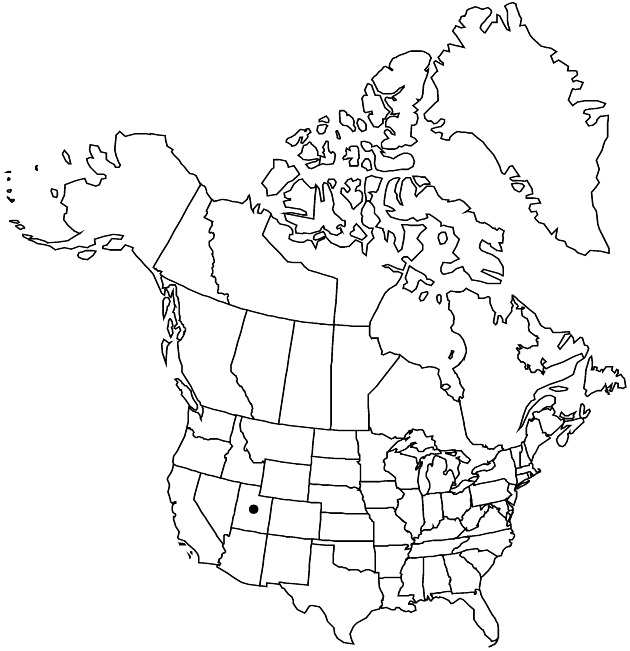Difference between revisions of "Stenotus armerioides var. gramineus"
Phytologia 71: 61. 1991.
EndemicConservation concern
Basionym: Haplopappus armerioides var. gramineus S. L. Welsh & F. J. Smith Great Basin Naturalist 43: 371. 1983
Treatment appears in FNA Volume 20. Treatment on page 176.
imported>Volume Importer |
imported>Volume Importer |
||
| Line 60: | Line 60: | ||
|publication year=1991 | |publication year=1991 | ||
|special status=Endemic;Conservation concern | |special status=Endemic;Conservation concern | ||
| − | |source xml=https:// | + | |source xml=https://bitbucket.org/aafc-mbb/fna-data-curation/src/2e0870ddd59836b60bcf96646a41e87ea5a5943a/coarse_grained_fna_xml/V19-20-21/V20_383.xml |
|tribe=Asteraceae tribe Astereae | |tribe=Asteraceae tribe Astereae | ||
|genus=Stenotus | |genus=Stenotus | ||
Latest revision as of 20:02, 5 November 2020
Stems 3.5–8 cm. Leaves: petioles stout; blades usually 1-nerved, linear, 40(–70) × 1–1.5 mm, bases about as wides as blades, margins ciliate, faces usually at least ± scabrous. Heads 1(–2).
Phenology: Flowering and fruiting mid–late spring.
Habitat: Pinyon-juniper woodlands on shale
Elevation: 1700–2000 m
Discussion
Of conservation concern.
Stenotus armerioides var. gramineus is known only from Green River Formation shales of the Uintah Basin of Duschesne and Uintah counties.
Selected References
None.
Lower Taxa
None.
